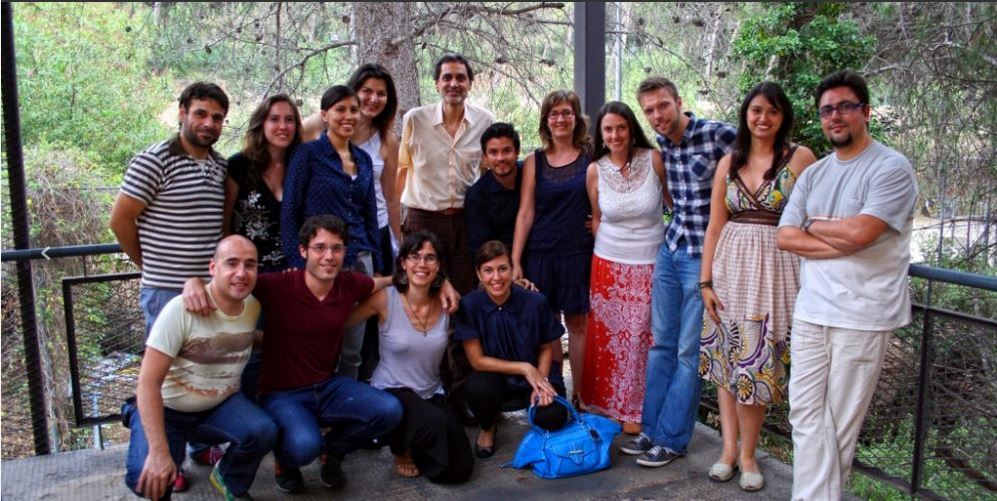Detail
Solving internal conflicts, therapy for depression
An innovative therapy to treat depression works with the patients’ internal conflicts: the dilemma between two sides of oneself (such as “I would rather be good than happy”). These conflicts, also called implicative dilemmas (ID) are usually hidden by the same person who suffers from them and is not aware of them. This research by Adrián Montesano shows that, indeed, people who solve these ID and build narrative reconstruction about themselves are the ones who show an improvement with depression symptoms. “Professionals –when encountering cases in which depression symptoms linger- must pay attention to the internal conflicts of the patients, regardless of the drug or psychological treatment they are using”, says Montesano.
In an article awarded with an Honorable Mention of the José Manuel Blecua Prize of the Board of Trustees, Montesano analyses a group of patients with depression that followed a project on internal conflicts. One of the studied factors is the way in which they solve these internal conflicts, related to changes in the idea patients have on themselves. This is done through the analysis of the innovative moments (IM) throughout the treatment, among which there are high and low intensity moments. A bigger presence of high intensity IM and a high level of speech reconstruction on oneself –are related to a significant improvement on depression symptoms.



